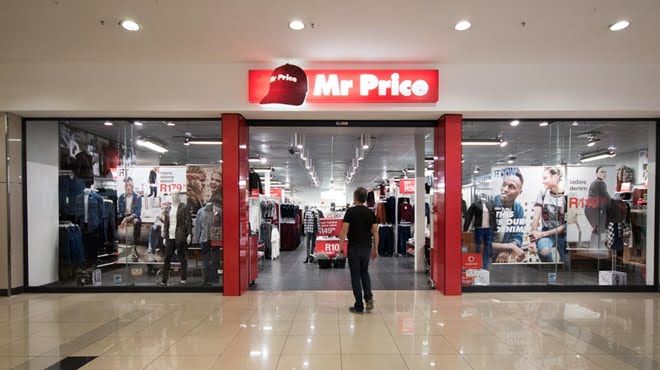SA’s floundering economy has resulted in two of its largest clothing retailers, Mr Price and Woolworths, reporting disappointing growth for the festive season.
Their trading updates triggered the biggest single-day drop on the JSE’s general retail index in at least four years when it fell 7.6% on Thursday.
Analysts said the level of indebtedness of consumers, wages not keeping up with inflation, and the uncertainty regarding 2019’s general election were the main reasons they produced flat growth for the weeks leading up to Christmas.
The numbers coming out of Mr Price — SA retail sales grew 1.1% to R6.2bn in December — were particularly shocking, as it was assumed that by being mostly a cash retailer with a value offering, it was better suited to cope with a difficult economy.
That sales figure “was really surprising”, said independent investment manager Sean Ashton. As this figure included new stores, it showed Mr Price was “actually going backwards on a same-store basis. This is really disappointing for what’s essentially a value retailer, butis likely more indicative of just how tough the SA economy is currently than any company specifics,” he said.
Mr Price blamed low growth, rising unemployment and inflation, the VAT increase, higher average fuel prices and November’s interest rate rise for its sluggish performance in SA.
Its share price plunged 16.7% on Thursday to R215.90, its lowest level since September 2017.
Argon Asset Management equity analyst Bjorn Samuels said retailers such as Mr Price were widely expected to perform better in tough times, as their lower price points made them natural beneficiaries of down-trading consumers.
“If anything, these results highlight how tough trading really is in the current economic environment,” he said.
However, these companies could do more when it came to improving their operations, said Gryphon research analyst and portfolio manager Casparus Treurnicht. “What amazes me is that the retailers in general do not adapt. Edcon is closing stores, but the existing ones still look the same. Woolies also looks the same. The experience is still the same.”
Even so, Treurnicht said it looked as though Woolworths, which reported a 2% drop in sales in its SA fashion, beauty and home division in the 26 weeks to December 23, was making some progress in sorting itself out. It reported “positive growth” for the second quarter.
Woolies saw its share price drop 10% to R49.44, the lowest level since October.
Rival Truworths reported a 2% rise in its retail sales in Africa for the 26 weeks to December 30. Its shares dropped 9.4% to R80.70.
Bucking the trend, TFG saw turnover growth of 7.2% in its African operations, sparking a 3.2% jump in its share price.
